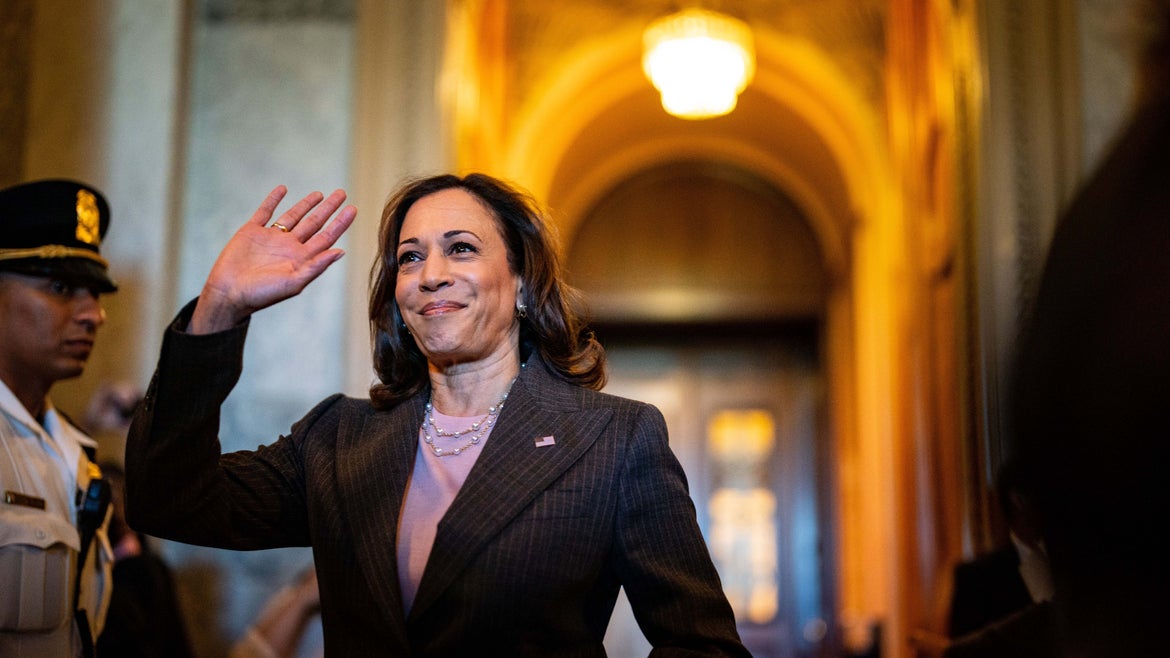The measure passed 51-50 along party lines, with Vice President Kamala Harris casting the tie-breaking vote.
After weeks of negotiations and an all-night session known as “vote-a-rama” that lasted for nearly 16 hours from Saturday into Sunday, senate democrats were able to push through President Joe Biden’s Inflation Reduction Act of 2022.
The measure passed 51-50 along party lines, with Vice President Kamala Harris casting the tie-breaking vote.
Of the victory, Biden tweeted, “Today, Senate Democrats voted to lower the cost of Rx drugs, health insurance, and energy — all while reducing the deficit and making the richest corporations pay their fair share. I ran to make government work for working families again. That’s what this bill does — period.”
Senate Majority Leader Chuck Schumer tweeted a picture of himself along with the caption, “I just spoke to President Biden @POTUS to celebrate this Senate Democratic Majority passing the Inflation Reduction Act to reduce inflation, to lower costs, to create jobs, and to invest boldly in fighting the climate crisis.”
The package contains the largest federal provisions in U.S. history to combat climate change, to the tune of $370 billion. The bill also includes $60 billion to increase renewable energy, like wind turbines and solar panels.
Democrats say the legislation will lower greenhouse gas emissions by 40%.
It also makes good on promises to reduce healthcare costs for the elderly and drops the price of prescription medications. It doesn’t apply to all medications, but rather expands Medicare’s ability to negotiate the price of certain prescription drugs.
The negotiations will take effect for 10 drugs covered by Medicare in 2026, and increase to 20 drugs in 2029.
A $2,000 cap on out-of-pocket prescription drug costs for those who are on Medicare will take effect in 2025.
The Inflation Act of 2022 also raises taxes on some billion dollar corporations– implementing a 15% minimum tax rate for companies that have revenues of $1 billion or more. That is projected to bring in $300 billion annually to the federal government.
CBS News reports that the House of Representatives will return from their month-long recess on Friday to vote a final time on the legislation, which is expected to pass.
RELATED STORIES






